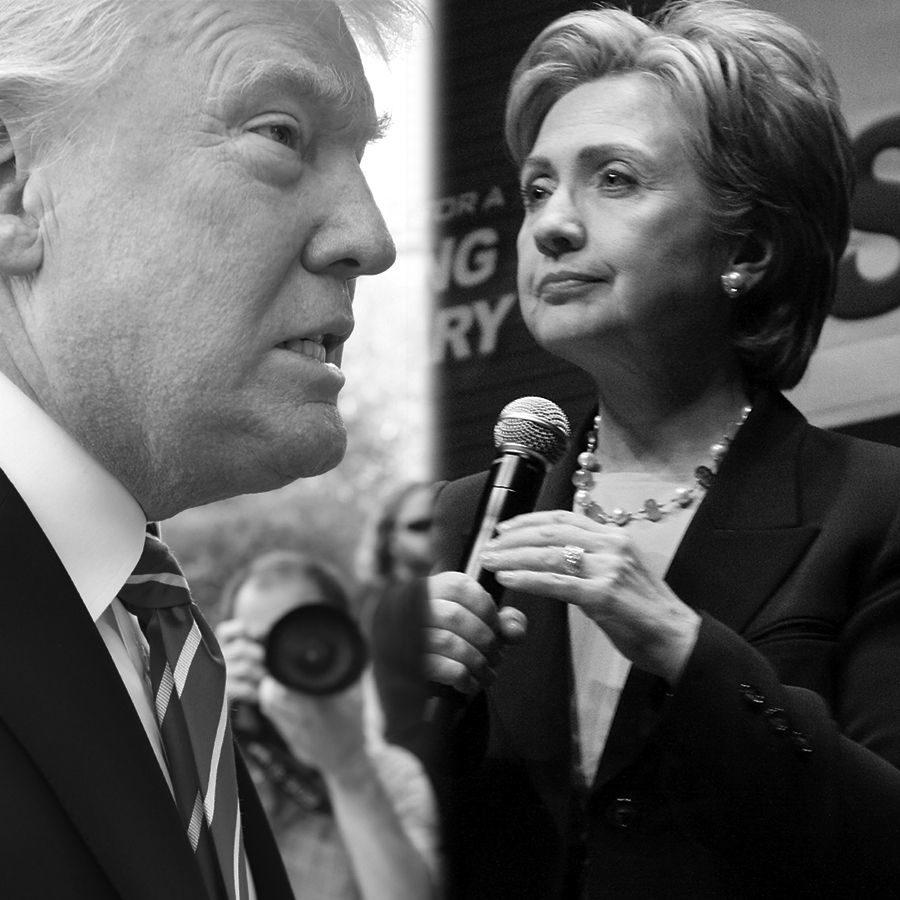Editorial: Research for yourself before you vote
Editorial
November 1, 2015
“The deck is stacked and there’s a problem with that,” or “you’ll have the great pleasure of voting for the man that will easily go down as the greatest president of the United States.”
Although these campaign ads used very different tactics in attempt to grab the attention of Americans everywhere, they do have one very important thing in common – they aren’t giving you a choice in what to believe.
In the first case, we hear Hillary Clinton giving her take on where economic power lies in America while in the second we hear Donald Trump tell voters what an honor it will be to vote for him because he feels he will be the greatest president there has ever been.
In both of these cases, viewers are being force-fed opinions, like those demonstrated in these campaign ads, formed by various politicians – not limited to Clinton and Trump – and too often voters just take these exaggerated statements at face value. But when taking into account where the power lies in this country, in the hands of those who vote, is it right to simply take what they are handing out on a silver platter? Is it responsibility using the American right to vote by passively accepting the information politicians want voters to receive?
No, it’s not responsible or logical.
What needs to take place during this time of campaign ads and polling dates is a formation of one’s own opinion taking into account what candidates are saying, but not just leaving it at that. Interested voters should be researching candidates and their histories with certain topics, especially the main points of the campaign this year, including immigration, funding Planned Parenthood, America’s high indebtedness, foreign relations, etc.
And this goes for any instance of voting in this country.
Whether it be for Ames City Council on Tuesday or for the next president of our country, it is crucial not to vote based on just the information candidates being put out there, but on how you as a voter use that information to construct your own view of how things should be.
That’s the thing when it comes to the dozens of campaign ads that occupy air time on most any channel these days: they tell viewers what to believe but stop there. It’s after that point that the real work for voters begins.
It’s looking past personal disdain of various candidates based simply on their party or even on who they are as a person, and seeing what they want to do if elected for their position. It’s understanding the ramifications of both sides, voting for them or against them, that matters the most.







